Sacred Hunger
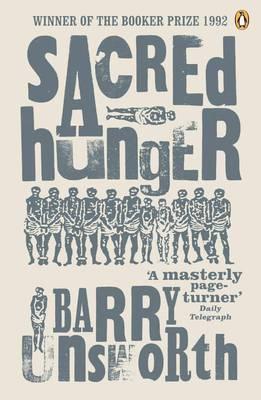 Sacred Hunger by Barry Unsworth (1992). Unsworth explores the “ancient urge” to “command attention, dominate one’s fellows” in this Booker Prize–winning novel that offers a gripping, panoramic view of the slave trade during the eighteenth century.
Sacred Hunger by Barry Unsworth (1992). Unsworth explores the “ancient urge” to “command attention, dominate one’s fellows” in this Booker Prize–winning novel that offers a gripping, panoramic view of the slave trade during the eighteenth century.
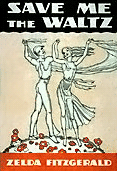 Save Me the Waltz
Save Me the Waltz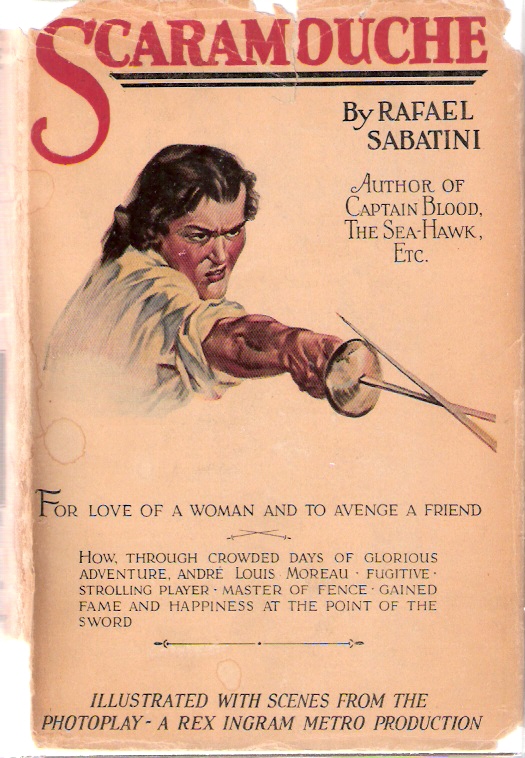 Scaramouche
Scaramouche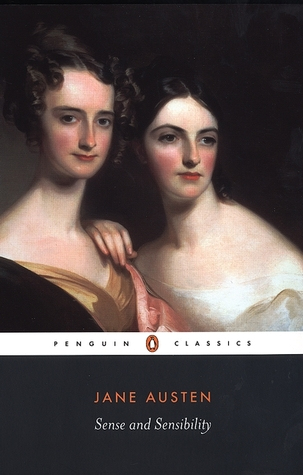 Sense and Sensibility
Sense and Sensibility Sentimental Education: The Story of a Young Man
Sentimental Education: The Story of a Young Man
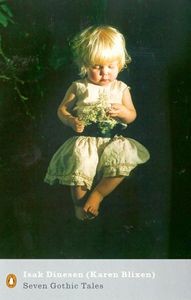
 Seven Pillars of Wisdom
Seven Pillars of Wisdom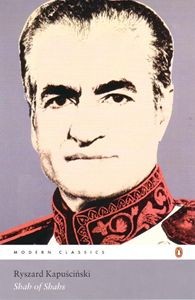
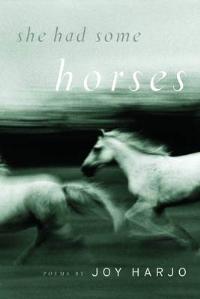 She Had Some Horses
She Had Some Horses